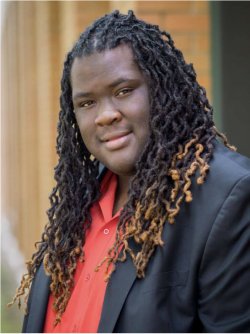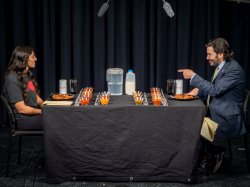
Press Room
Experts In the News

“We had a 4.8 magnitude, which is probably one of the biggest earthquakes that we’ve had in a long time in New Jersey. But it’s not unusual, these faults are old, but they are not generally active and they don’t usually produce much activity. Every once in a while we can have a moderate earthquake like we just did today.”

“Parents are even requiring babysitters to plan out enriching activities for their young children prior to the babysitting gig.”

“I think there needs to be a statewide campaign that actually educates the public about the fact that these programs exist [and] what their utilities are.”
Search for Experts
Montclair State University’s faculty and staff offer a wealth of expertise and expert commentary for members of the press as they research, develop and produce their stories. Use the links below to locate the best nationally renowned expert for your story, or browse our full expert list.
Featured Topics
Follow Montclair State on:
University News
-

How Montclair Discovered the ‘Secret Sauce’ for Social MediaBurning Questions: No topic is too hot for President Jonathan Koppell in the ‘Red Hawt’ wings challenge
Monday April 15, 2024 -

Montclair State University Opens The Charles J. Muth Museum of Hinchliffe StadiumNew museum and learning center will chronicle history of Hinchliffe and serve as educational resource for Paterson and Montclair State University studentsThursday April 11, 2024
-

Bristol Myers Squibb to Fund Research for Five CSAM StudentsPharmaceutical company will support five health-focused research projects conducted by Montclair studentsWednesday April 10, 2024
